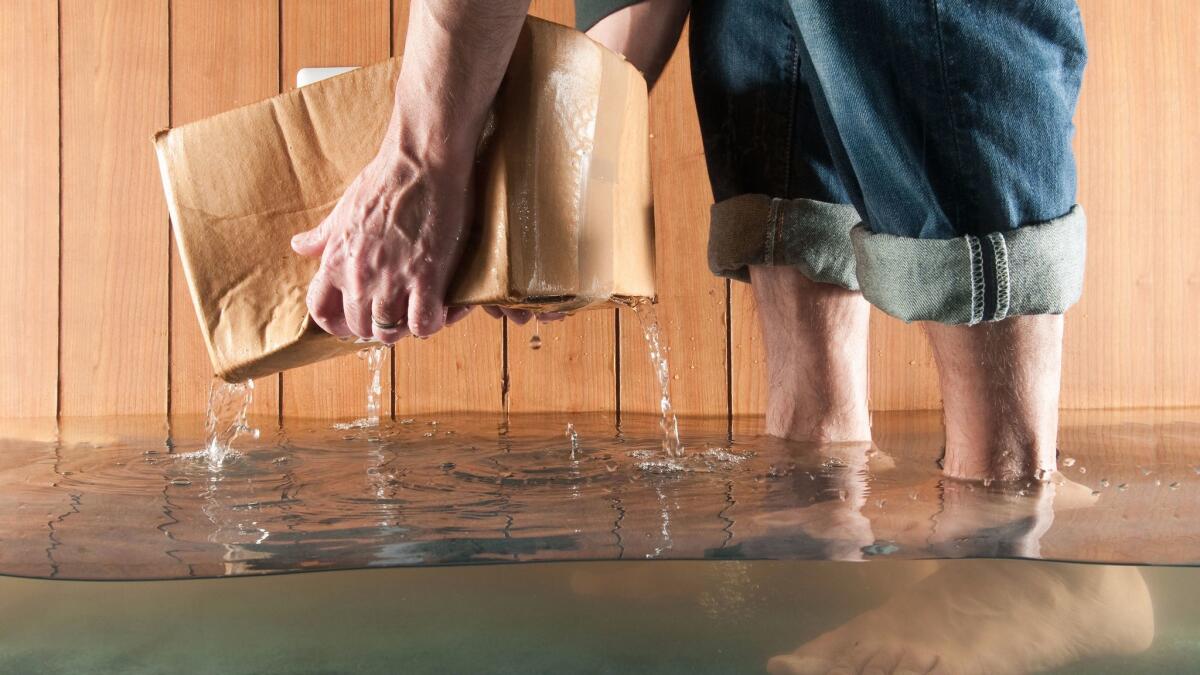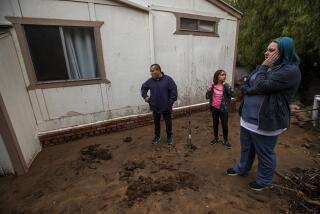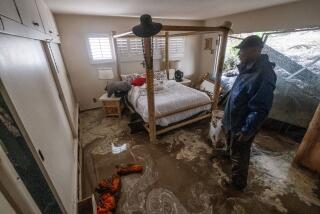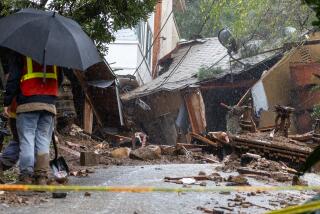You can ward off water woes that can damage your house while you’re away

You’ve stopped your mail and your newspaper, found a pet sitter and arranged for a ride to the airport.
But did you check your washing machine hoses?
We’re betting that systems that deliver water in your house are about the last thing on your mind as you decamp for vacation.
But after reading the results of a recent Chubb insurance survey and talking to area plumbers, I’m afraid of the water that bursts forth while you’re gone and comes flooding out the front door as you arrive home.
“I would say one of the No. 1 takeaways [from the survey] is that people underestimate the likelihood and potential damage that internal water leaks can cause in their homes,” said Annmarie Camp, executive vice president with Chubb Personal Risk Services, a premium insurer.
“People tend to be more prepared for a fire loss…. Very few people anticipate their big loss is going to be water.”
How big a loss?
Friends of Lawrence Verne Sr., president of Verne’s Plumbing of Buena Park, returned home and found their two-story home flooded, a loss of about $40,000.
When problems occur, the culprit is someone you know well: you. Prevention is key, but the survey noted that only about a quarter of residents inspect their plumbing.
You buy a house, Verne said, and you expect it to be a happily-ever-after relationship without doing anything to maintain it. Incorrect. You must work at it.
You can do the work yourself, or you can have a pro do it.
Michael Mize, who has spent 31 years as a union plumber and is supervisor for Michael’s Valley Plumbing Service Pros with several Southland locations, encourages homeowners to periodically check water-supply lines and try shutting those valves (the ones near the toilet, for instance) to make sure they’re not frozen.
Be gentle, Mize said. “Don’t force it,” he added, and “if it doesn’t move, have someone come out and replace it.
“Hard water is a very big culprit. It’s very hard on the fixtures.”
The solution may be a whole-house filtration system, he said.
Make sure too that hoses have not cracked. The newer braided stainless steel hoses for faucets and toilets are rubber inside, but the steel braid outside stops them from rupturing, Verne said.
And don’t skimp and get cheap hoses, Verne added. Make sure you’re getting stainless steel hoses.
One way to keep water problems from happening: shutting off your water while you’re away. (Also turn the water heater to vacation.)
And when you return, turn the water back on slowly, Mize said, to avoid putting strain on the fittings.
Verne takes another route; he uses something called a WaterCop system, which uses wired and wireless sensors to detect leaks and then shut off the water supply. The cost depends on the size of your home and the number of sensors.
If it sounds as though I am borrowing trouble, I’m not. I’ve had one near brush with disaster: The day before I left for vacation about five years ago, I discovered water pouring from the ceiling when I ran downstairs to retrieve my suitcase.
I shut off the water and called the plumber to visit after my return.
Lightning can’t strike twice, right? Wrong. Mine is an old house, and like older people, a house’s pieces and parts don’t last forever.
Count me among the newly converted who never want to be hosed by a hose — or anything else.
Have a travel dilemma or question? Write to travel@latimes.com. We regret we cannot answer every inquiry.
More to Read
Sign up for The Wild
We’ll help you find the best places to hike, bike and run, as well as the perfect silent spots for meditation and yoga.
You may occasionally receive promotional content from the Los Angeles Times.







